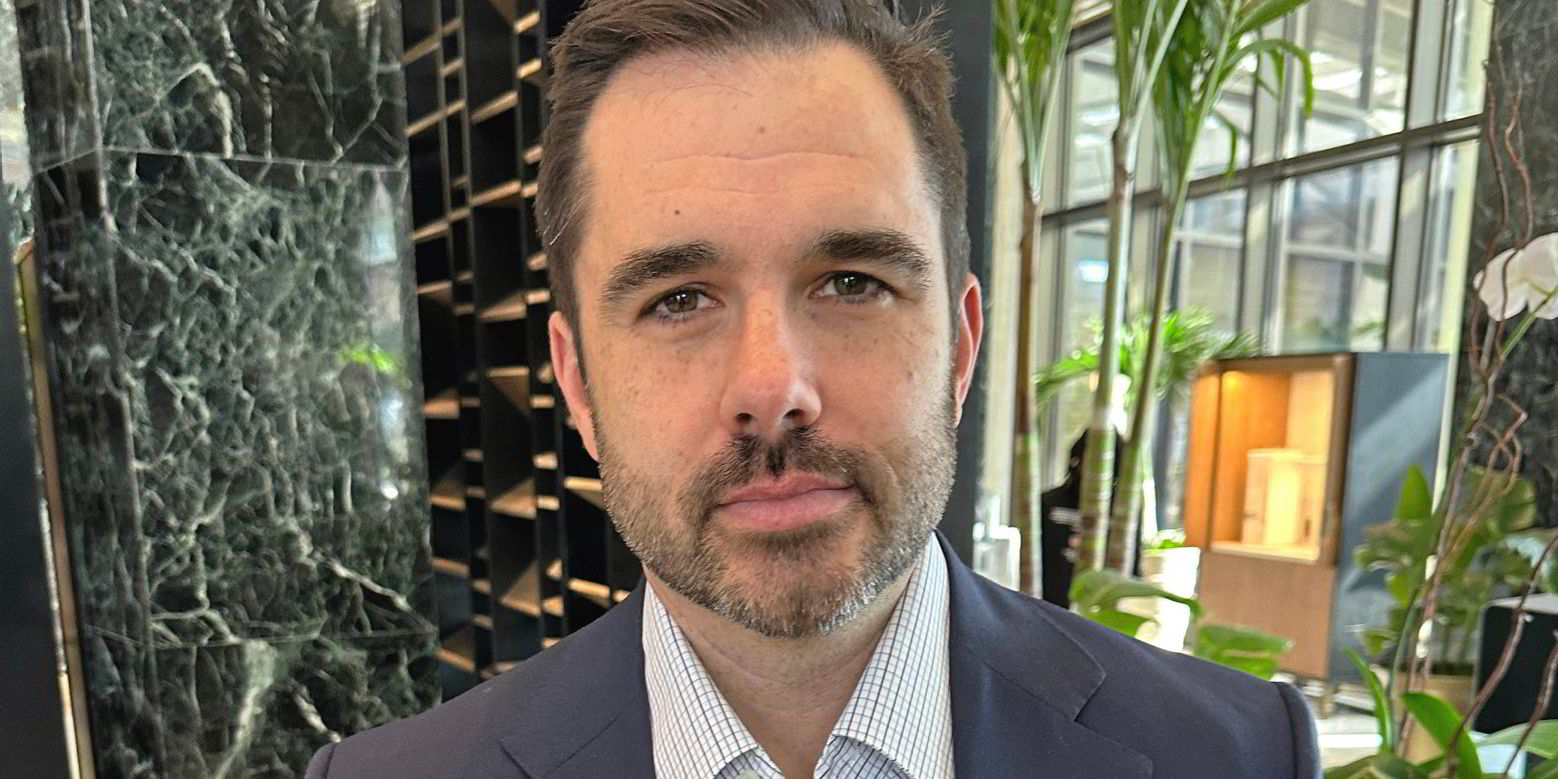Most experts in ship finance circles will tell you that consolidation is good for the highly fragmented sector — if only there were more of it.
But it seems consolidation — or at least the potential it might be happening — is not necessarily so good for shipowners’ performance on environmental, social and governance (ESG) grounds, as measured by Webber Research & Advisory’s annual ESG scorecard.
TradeWinds got a preview of Webber’s tables earlier in July and noted the steep drop felt by perennial ESG star Eagle Bulk Shipping of Connecticut after it took defensive measures largely aimed at preventing an unfriendly takeover.
Now that veteran equity analyst Michael Webber has released the full tables, it is clear that a recent target of confirmed merger efforts — Belgian tanker giant Euronav — fell nearly as far as Eagle Bulk.
As TradeWinds has reported, Eagle Bulk was the biggest decliner at the top of the Webber scorecard, falling 12 places from second to 14th, after nearly one-third of the company was bought by two other New York-listed shipowners: Danaos Corp of Greece and Castor Maritime of Cyprus.
This was one year after New York’s International Seaways, another longtime ESG darling, plunged from second to 10th in the tables while fending off shares accumulation by Norwegian tycoon John Fredriksen. Seaways fell three more places in the new report.
The Fredriksen camp has said it is not after control of Seaways, but it made a formal run at Euronav in 2022 that failed on resistance from major shareholder the Saverys family, creating a legal mess that is still being sorted.
Maybe it was not all owing to the Fredriksen pursuit, but Euronav plummeted from fifth to 16th, just barely staying within the first quartile of the 64 public owners ranked.
At least part of the fall can be traced to a reduction in the ratio of independent directors, after both Fredriksen and the Saverys clan placed two representatives on the board.
“Some of it was the merger efforts, although it gets complicated,” Webber said in an interview. “There are some related-party agreements for bunker supplies with [Saverys-controlled] CMB, and while there may be practical reasons for that, it still counts against them.
“Everyone will focus on the Real Housewives of Oslo and Antwerp aspects of this drama, but there were subtle factors like a narrowing in board independence. There was a confluence of factors in why they slipped.”

Webber hastened to add that he considers owners such as Euronav, Eagle Bulk and Seaways to be “good actors” in the overall ESG scheme who have been temporarily downgraded as they wrestle with consolidation issues.
Because the scorecard Webber initiated in 2016 uses a rolling average, there will be opportunities for all three to regain their formerly elite status in coming years, he said.
Webber was enthusiastic about expanding the field of companies measured this year to 64 from the previous 52. This mostly involved incorporating new owners who are listed either in Oslo or on Asian exchanges.
It is noteworthy, however, that despite strong performances from newcomers like Hong Kong-listed Pacific Basin, which came fifth, the largest group among the newcomers — six — came in the bottom quartile.
Webber said higher reporting standards required to list in New York may explain some of this, although two of the newcomers in the weakest grouping — Top Ships and Euroseas — are Greek owners whose shares trade in the Big Apple.
Another twist in this year’s tables came when the Fredriksen group’s SFL Corp plunged 19 spots in the rankings to 47th, barely escaping the bottom quartile.
SFL was hurt after taking a decision to move its reporting of carbon emissions behind a paywall, Webber said. Companies are judged on whether or not they report emissions publicly, and charging for access is not considered a public disclosure.
Webber’s scorecard continues to evolve. Companies this year also are ranked by individual operating sector. Among likely changes going forward will be a broader set of carbon-reporting measures and a spin-off scorecard dedicated to the LNG sector while retaining those names in the main tables.






